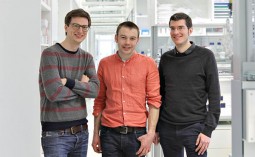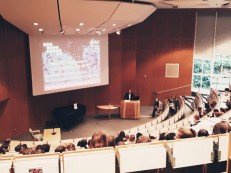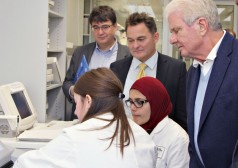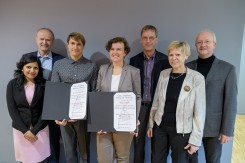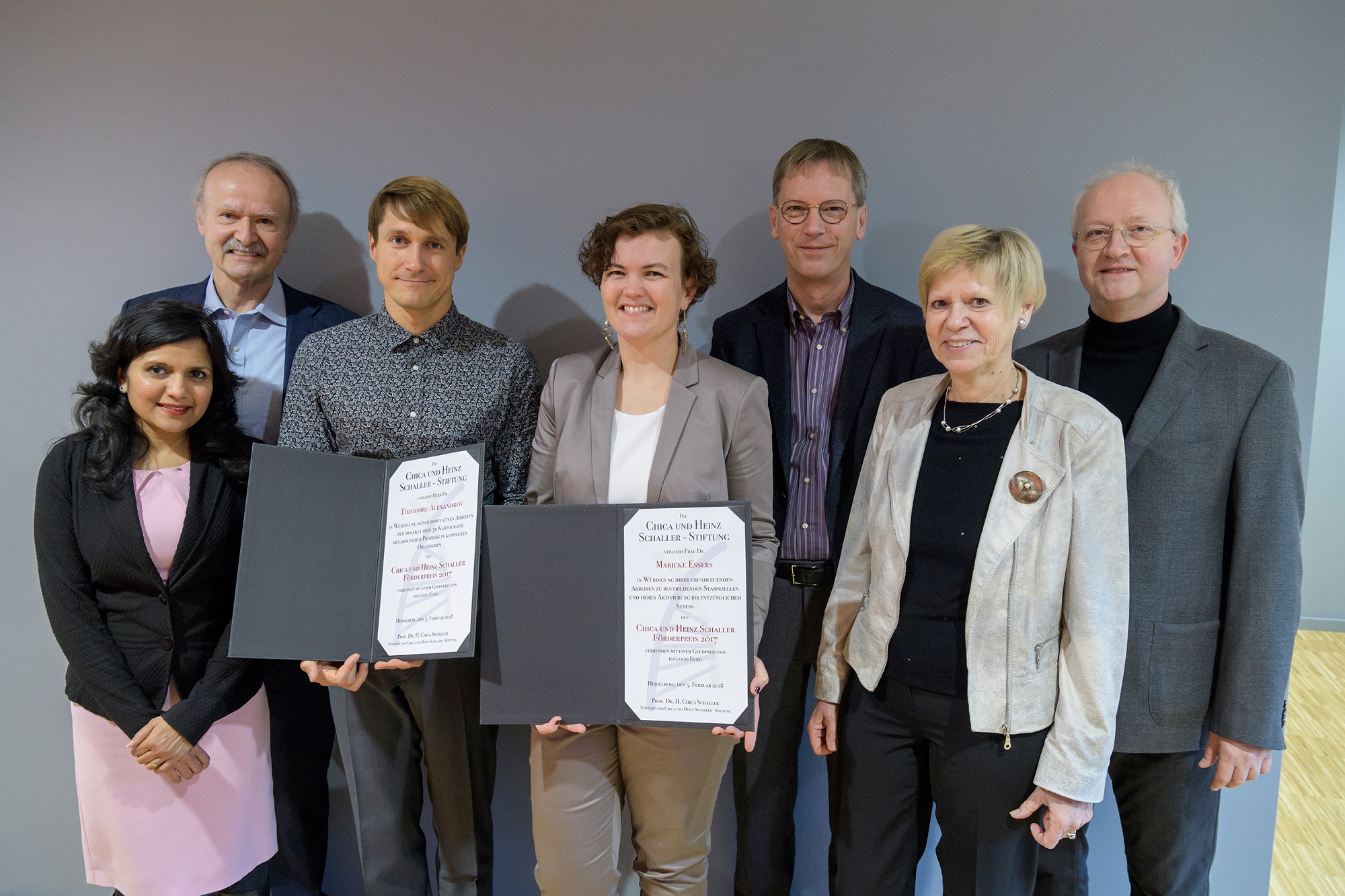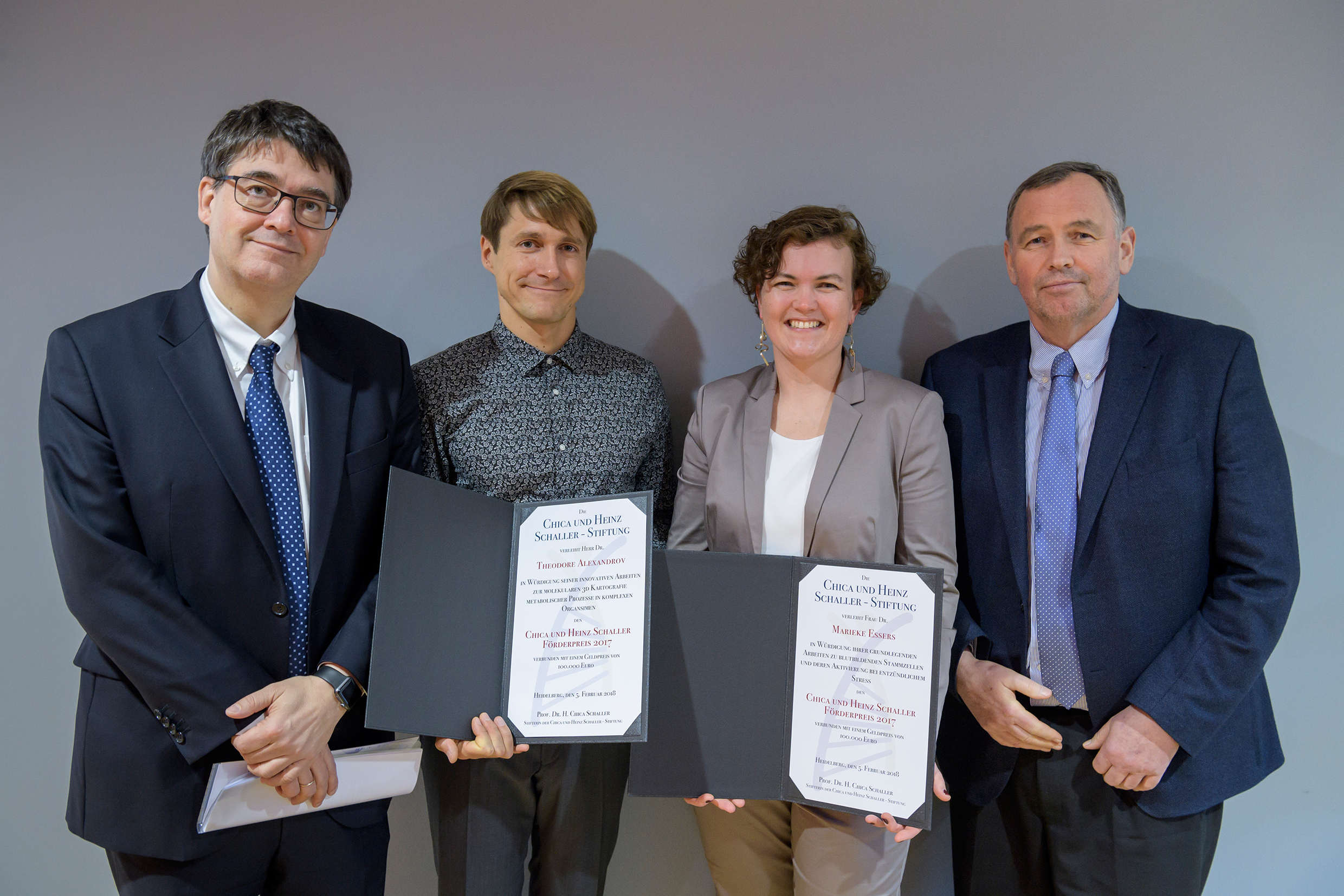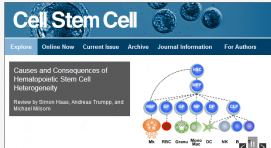
Classically, stem and progenitor populations have been considered discrete homogeneous populations. However, recent technological advances have revealed significant hematopoietic stem cell (HSC) heterogeneity, with evidence for early HSC lineage segregation and the presence of lineage-biased HSCs and lineage-restricted progenitors within the HSC compartment. These and other findings challenge many aspects of the classical view of HSC biology.
In our recent review in Cell Stem Cell, we analyse the most recent findings regarding the causes and consequences of HSC heterogeneity, discuss their far-reaching implications, and suggest that so-called continuum-based models may help consolidate apparently divergent experimental observations in this field.
Read more:
- Haas, S., Trumpp, A., & Milsom, M.D. (2018). Causes and Consequences of Hematopoietic Stem Cell Heterogeneity. Cell Stem Cell, 22(5), 627-638. doi: 10.1016/j.stem.2018.04.003
- Direct Access to the article (valid until June 22, 2018): https://authors.elsevier.com/a/1W~i~6tu0CU9VO

